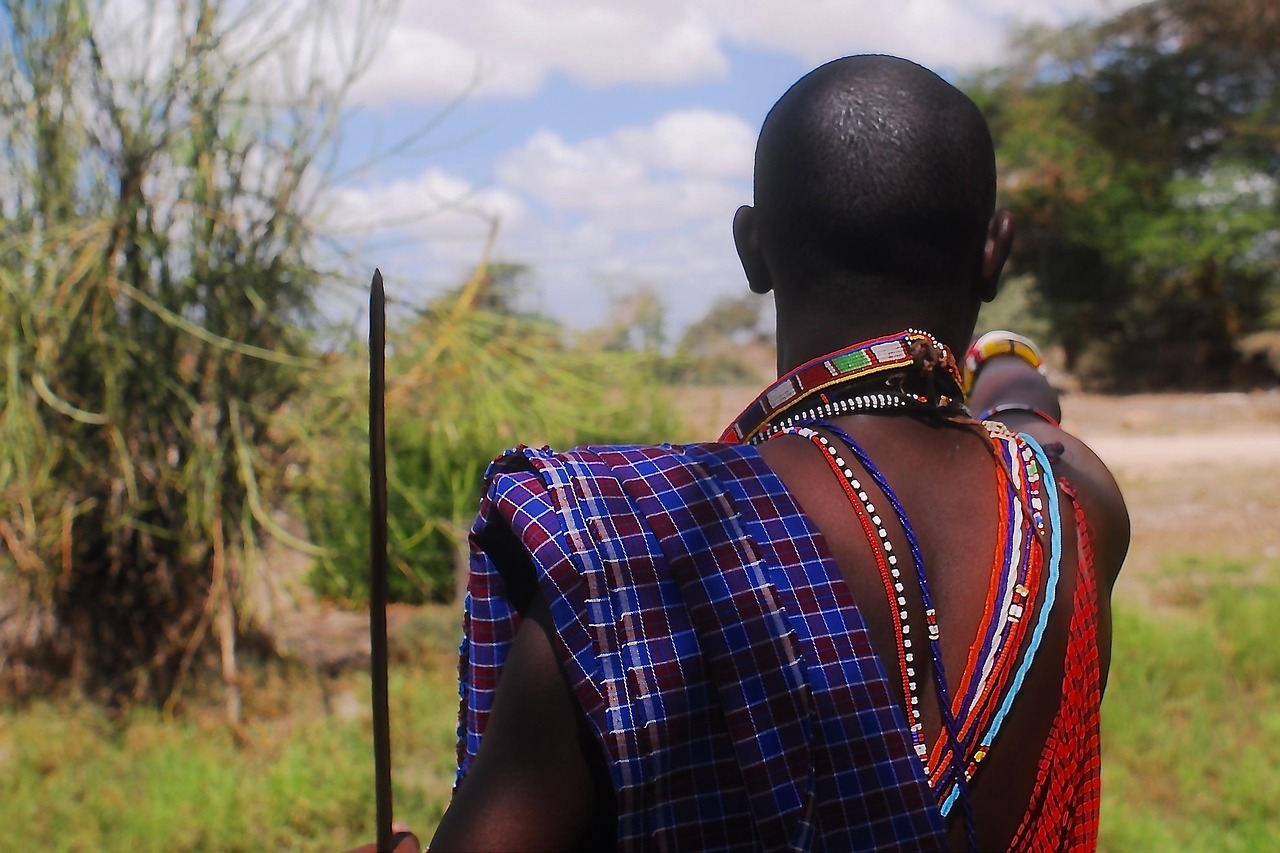If you’re planning a Tanzania safari to witness the Great Wildebeest Migration, one of the most frequently asked questions is:
“Are there mobile safari camps during migration season?”
The answer is a clear yes. Mobile safari camps are some of the best ways to follow the migration, as they move across different regions of the Serengeti to ensure travelers are always close to the herds. These camps offer an authentic wilderness experience, blending comfort with proximity to nature, while positioning guests near the migration’s dramatic events — whether it’s the calving season in Ndutu, the river crossings at the Mara River, or the central Serengeti movements.

Mobile safari camps are semi-permanent tented camps that can be set up and moved according to the movement of the Great Migration. Unlike fixed lodges, these camps are strategically relocated several times a year to ensure guests are in the right place at the right time.
Structure → Luxury canvas tents with beds, en-suite bathrooms, and dining tents.
Mobility → Camps are dismantled and relocated seasonally, usually 2–4 times per year.
Focus → Prioritize location and access to wildlife over permanent infrastructure.
Proximity to the Herds → Mobile camps are positioned exactly where the wildebeest and zebras are, minimizing travel time.
Unique Experience → Sleeping in a tent in the heart of the Serengeti is as authentic as it gets.
Flexibility → Camps move according to the migration path, unlike fixed lodges.
Smaller & Intimate → Fewer tents mean a quieter, more exclusive experience.
Immersive Wildlife Viewing → You’ll often hear lions roar, hyenas laugh, or wildebeest grunting at night.
The Great Migration is a year-round cycle, and mobile camps shift locations to follow it.
December – March (Calving Season, Ndutu & Southern Serengeti)
Mobile camps set up in the Ndutu area, where wildebeest give birth to thousands of calves each day. Predators like lions and cheetahs are highly active here.
April – May (Green Season, Central Serengeti)
Camps move to central Serengeti (Seronera), where herds spread out in search of fresh grass.
June – July (Grumeti & Western Serengeti)
The migration passes through the western corridor, with dramatic river crossings at the Grumeti River.
July – October (Northern Serengeti, Mara River)
Camps relocate to the northern Serengeti, close to the Mara River, where the most iconic river crossings take place.
November (Return South)
The herds begin moving back south toward Ndutu, and some mobile camps follow.
Luxury Mobile Camps
Offer stylish tents with en-suite bathrooms, fine dining, and top-notch service. Example: Asilia’s Olakira, Nomad Serengeti Safari Camp.
Mid-Range Mobile Camps
Comfortable tents with standard amenities, good food, and personalized service.
Adventure Mobile Camps (Lightweight)
Simpler setups, often used for budget safaris, with shared facilities.
Best chance to witness migration events (calving or river crossings).
Immersive bush experience without permanent structures.
Exclusive feel due to fewer guests compared to large lodges.
Eco-friendly operations since camps leave little environmental impact.
Close wildlife encounters right from your tent.
Rustic Nature → Even luxury mobile camps are less permanent than lodges.
Availability → Limited number of tents — booking early is essential.
Accessibility → Reached mostly by safari vehicles or small flights.
Weather Dependence → Seasonal rains can affect conditions.
Yes, most luxury and mid-range mobile camps feature en-suite bathrooms with flush toilets and hot bucket showers.
Absolutely. Camps are well-guarded by staff, and safety protocols ensure guests are secure at all times.
Yes, since they are small and exclusive, mobile camps fill up quickly, especially during peak migration months (July–October).
Some are family-friendly, but most mobile camps are designed for adults or older children due to their adventurous nature.
Usually by fly-in safaris from Arusha, Kilimanjaro, or Zanzibar, landing on Serengeti airstrips close to the camp.
Accommodation, meals, drinks (depending on package), guided game drives, and sometimes walking safaris.
Yes, if you book a mobile camp in northern Serengeti (July–October), you’ll be perfectly positioned for river crossing sightings.